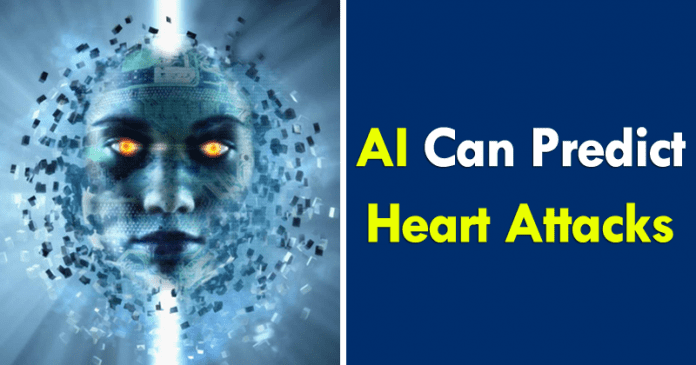In the United Kingdom, an algorithm based on artificial intelligence is being developed that is able to predict more effectively than the current methods the probability of a person having a heart attack or a stroke. Currently, risks of cardiovascular disease are assessed based on guidelines defined by the American College of Cardiology/American Heart Association (ACC / AHA), where factors such as age, cholesterol levels, and blood pressure come in. However, this may be too simplistic an assessment, according to some experts, since there is a lot of interaction in biological systems that are ultimately “counterintuitive.” That is, for some patients body fat may be a risk, but for others, it may even be protecting the body against cardiovascular problems. According to Stephen Weng, an epidemiologist at the University of Nottingham in the United Kingdom, there are no equal bodies, each has its own reality and it is the science of computing that will allow us to explore these different realities, Providing them with predictions of problems in a more precise way. In this study, conducted by the University of Nottingham and based on Artificial Intelligence were compared the guidelines defined by ACC / AHA with four machine-learning algorithms: random forest Logical regression, gradient increase, and neural networks. This artificial intelligence process analyzed the electronic data of 3,78,256 patients in the UK with the aim of finding patterns associated with cardiovascular events. Using data from patients in 2005, the system predicted that those who, 10 years from now, would have cardiovascular problems, analyzing at least 22 other factors in the analysis than the ACC / AHA method, including factors such as ethnicity, arthritis, or kidney disease. In the test sample, 83,000 records were used. This method was thus able to predict 7.6% more cardiovascular problems in the patients than they were in reality, afterward confronting with the data of 2015. In addition, false alarms were also reduced by 1.6%. In actual numbers, this means that the method based on artificial intelligence would have been able to detect timely 355 cases that resulted in the death of patients. The technological revolution at the service of health is happening and it does not take much for the diagnostics to be done computationally. So, what do you think about this new technology used by AI? Simply share your views and thoughts in the comment section below.
Δ


